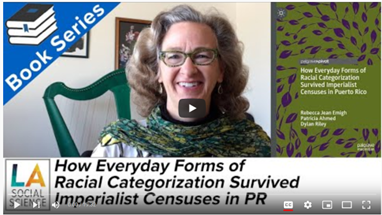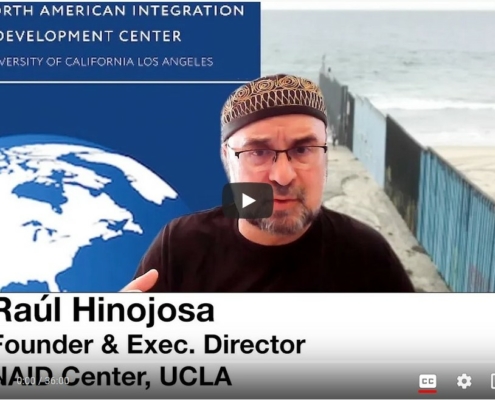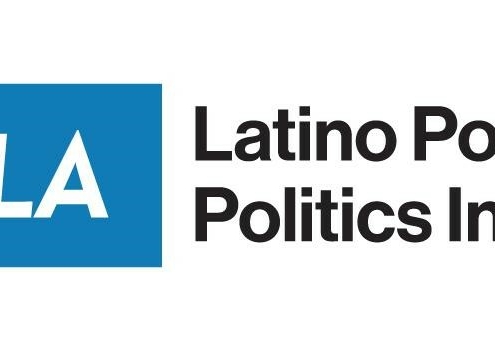
LA Social Science Book Series Examining Everyday Forms of Racial Categorization in Puerto Rico with Professor Rebecca Jean Emigh
In the new book entitled How Everyday Forms of Racial Categorization…

LA Social Science 2022 Summer Courses for UCLA Department of Communication – Enroll Today!
LA Social Science wants to highlight some of the summer courses…

Register for Tomorrow’s “Neoclassic or New Classics? Challenges, Debates, Perspectives” Roundtable by the UCLA Program in Experimental Theory
Organized and moderated by Professor Giulia Sissa (Classics,…

UCLA LATINO POLICY AND POLITICS INSTITUTE ANNOUNCES INAUGURAL LATINO APPLIED POLICY RESEARCH AWARDS
By Jose Garcia, Policy Fellow at the UCLA Latino Policy and…

LA Social Science Presents “Conversations with Changemakers” Featuring Dr. Raúl Hinojosa Discussing the Recent Conference Commemorating 25 Years of UCLA NAID Center’s Research & Innovation
LA Social Science recently interviewed Dr. Raúl Hinojosa,…

CSW’s 2022 Distinguished Leader in Feminism Award
Join the UCLA Center for the Study of Women (CSW) for a special…

Dr. Rodrigo Dominguez-Villegas and Dr. Natalie Masuoka are Making the Power of AAPI, Latino Voters Clear
By Alise Brillault April 26, 2022 Some of the UCLA…

LA Social Science Book Series Examining Anti-Muslim Racism with Professor Sherene Razack
LA Social Science interviews Dr. Sherene Razack, Distinguished…

LA Social Science Summer Course Preview featuring Harold Lewis Discussing Film Finance (Communication 188A)
As summer 2022 approaches, LA Social Science had the opportunity…

LA Social Science Rising Scholars Series Featuring Graduate Students in the UCLA Race, Ethnicity, Politics, and Society Lab
LA Social Science visits the UCLA Race, Ethnicity, Politics…

